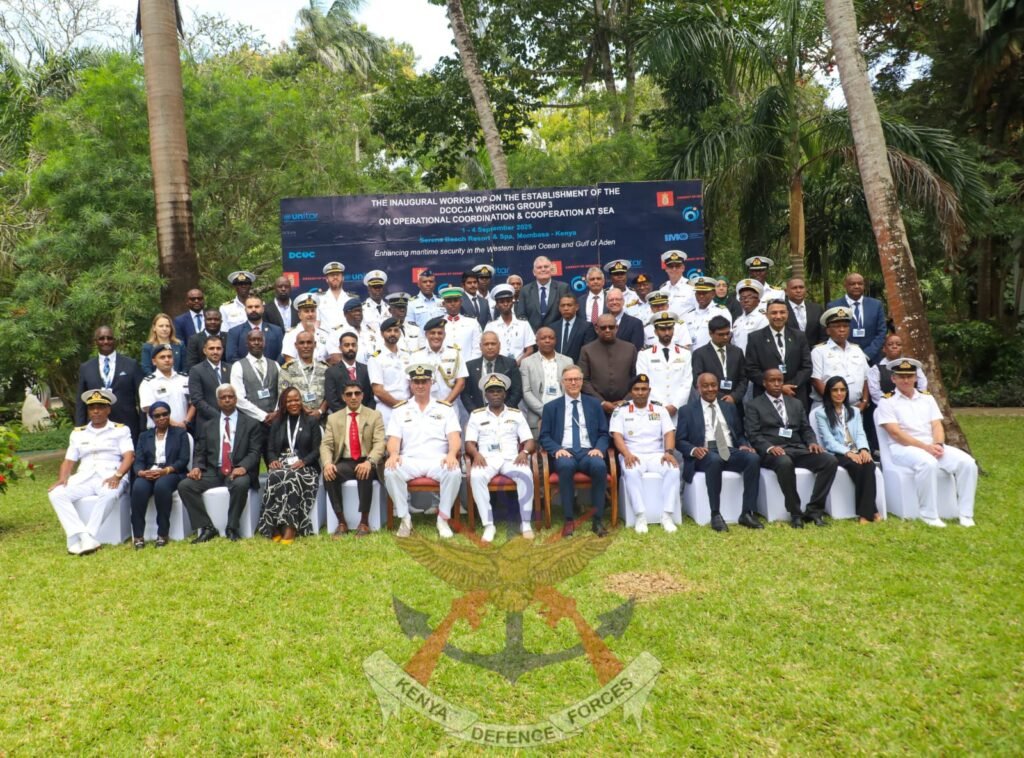Of the countless shipping lanes that criss-cross the globe, few are as vital, or as vulnerable, as those weaving through the Indian Ocean.
It’s here, in these strategic waters critical to global trade, that Kenya has just assumed a pivotal role, unanimously elected to chair a key maritime security working group, the Djibouti Code of Conduct’s Working Group 3.
The decision, reached by the 20 signatory nations during a meeting at the Serena Beach Resort and Spa in Shanzu, Mombasa County, is a profound gesture of trust placed in Kenya to spearhead efforts against a relentless spectrum of threats, from piracy and armed robbery to illegal fishing and trafficking.
This leadership mantle, however, comes with a set of complex challenges. The new chair will need to perform a delicate balancing act, coordinating nearly two dozen nations, each with its own priorities and capabilities.
The mission demands deft diplomacy to harmonize these diverse voices and a steadfast commitment to adapt as the threats themselves evolve, shifting from traditional piracy to sophisticated crimes enabled by new technology.
The most delicate task of all remains navigating the fine line between national sovereignty and the undeniable need for deeper regional cooperation, ensuring every member state feels included in the process.
This trust bestowed upon Kenya signals its ascendancy as a credible regional leader, a role it immediately embraced. Brigadier Mohamed Shemote of the Kenya Navy Fleet, speaking at the conclusion of the Mombasa workshop, set a collaborative tone, framing the mission around a culture of inclusiveness, transparency, and shared commitment.
“Our strength lies in the diversity of experience and expertise within our member states. The work we will do together directly impacts the security, prosperity and stability of our nations and provides safe maritime passages within the Western Indian Ocean,” he said.
The group solidified its operational groundwork by adopting a detailed roadmap, a concept of operations, and clear terms of reference, effectively creating a practical blueprint for the years ahead.
Adding to the spirit of partnership, Djibouti was elected as the deputy chair, reinforcing a united regional front. This reflects a firm confidence in Kenya’s capability to foster a secure maritime environment.
By enhancing coordination between navies, coast guards, and international partners, this chairmanship is poised to turn diplomatic agreements into tangible security and economic benefits for the entire region.


